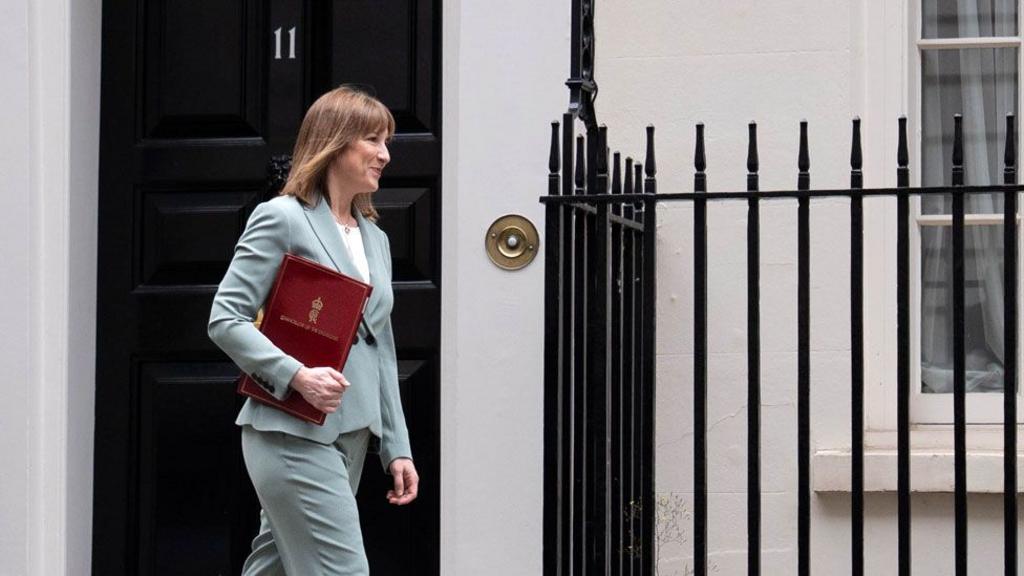The aftermath of a Spending Review unfolds gradually, like peeling back the layers of an onion.
Initially, we have the Chancellor’s statement in Parliament: a blend of political rhetoric and often incomprehensible figures.
This is followed by supporting documentation—in this case, a substantial report brimming with text, data, and charts.
Months of work, conducted largely behind closed doors with intermittent leaks and speculation, culminates in a public release demanding careful analysis.
As details emerge, aspects not highlighted by the Chancellor become clearer.
For example, many in England and Wales will likely face higher council taxes to fund policing—a point not explicitly stated during the parliamentary announcement.
Further clarifications on government plans are expected, including upcoming infrastructure announcements.
However, other implications may take longer to materialize: a seemingly minor budget cut might provoke a backlash months later, or conversely, an unchallenged budget could later prove wasteful.
The government frames this as a pivotal moment.
The Prime Minister, in a recent article, declared a “new stage in the mission for national renewal,” building upon previously established foundations.
Time will tell.
Interestingly, common criticisms of political leadership are inverted in this Spending Review’s context.
Often, the complaint is short-termism, a focus on quick wins lacking long-term strategic thinking.
Yet, the government’s strategy is a calculated bet on patience in an impatient era.
Long-term capital investment, the argument goes, can transform the public sector and unlock economic potential.
However, results won’t be immediate, and current spending is constrained or even reduced in certain areas.
This unfolds against a backdrop of volatile politics and public unease, with many feeling financially squeezed for years.
The Chancellor acknowledged public impatience for change—a key Labour promise—and cited expansions of free school meals and breakfast clubs as examples of immediate action.
The crucial bet, however, hinges on achieving and maintaining economic growth.
Its absence hampers numerous aspects of government and beyond—national sentiment, taxation, and more.
The latest GDP figures reveal a 0.3% economic contraction in April, exceeding expert predictions and highlighting the economy’s persistent sluggishness.
The possibility of further tax increases in the autumn looms large.
Ultimately, this Spending Review’s success will be determined by its contribution to growth—and the timing of that contribution.
Subscribe to our Politics Essential newsletter for insightful political analysis, UK-wide perspectives, and updates on major political events, delivered directly to your inbox weekdays.
The Home Office aims for a “more sustainable and cost-effective asylum accommodation system”.
Chancellor Rachel Reeves pledged to end the use of taxpayer-funded hotels for asylum seekers by 2029.
The First Minister stated her reluctance to “continue to go cap in hand” to Westminster for funding.
Amidst escalating tensions in Tehran and Tel Aviv, the UK government faces another crisis, according to Laura Kuenssberg.
Hopes are raised for a new swimming pool, and a “lost” prisoner of war camp may open to the public.

